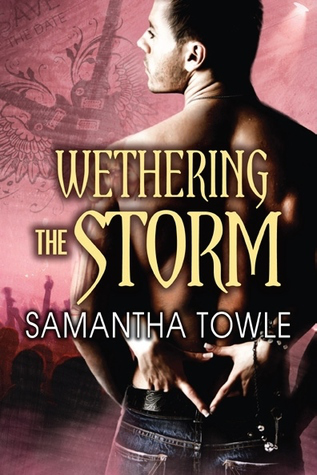“She reminded me of a warning I was fond of repeating: do not, under any circumstances, belittle a work of fiction by trying to turn it into a carbon copy of real life; what we search for in fiction is not so much reality but the epiphany of truth.” – Azar Nafisi, Reading Lolita in Tehran
These words appear on the first page of Reading Lolita in Tehran, which I took down off the shelf today after finally finishing The Stand by Stephen King. I found both books in the donated piles at the Welles Turner Memorial Library Book Sale–the kind of lovely town event where kids show up towing red wagons and you see spouses barking at each other about who is supposed to cover which table. But after spending the better part of three months with the lone survivors of the super flu (aka Captain Trips), I was on the hunt for something very, very different. Little did I know that the first page of Nafisi’s book would send me back to the often bleak world of The Stand.

The Modern Walking Dude – “He smiles a lot. But I think there might be worms inside him making him smile.”
Something about King’s enormous tome (mine was an expanded version printed for the 2012 National Book Night) rings especially true right about now. The Stand is a book about human nature, and a very literal battle between good and evil. There’s not really a lot more to it than that, but Randall Flagg–and the people who flock to him–seem a lot more plausible these days.
What is Randall Flagg if not a strong man who promises people a “better life” at the expense of others. Think about LLoyd, Flagg’s right hand man–a small time crook, who often gets caught up with much worse bad guys–who sticks by Flagg because in The Walking Dude’s world Lloyd gets to be somebody. He’s basically a dim-wit who has been put in a position of power, but is smart enough to know that if he strikes out on his own–and disavows the evil man he is helping prop up–he’ll be a nobody again. He’ll crucify people if he has to, all to keep some semblance of power. So he stays, consequences be damned.
Hell, Flagg even resorts to the increasingly familiar tactic of misinformation–lying about why one person was killed, or how prisoners were captured. He tells his followers that our Free Zone heroes were spies, slipping into town under cover of night (even though they walked in on the main road in broad daylight and freely gave themselves up to the authorities). And when someone in the crowd tries to speak out against him, he shuts them down.
Then, of course, there is the Trash Can Man, a dangerous pyromaniac with a nose for finding weapons of mass destruction. As it turns out, if you put a maniac in charge of nuclear weapons, you assure your own destruction.
All seems a little too close to home these days, doesn’t it?
One of my favorite characters is also one of the most useful in the novel. Glen Bateman, a sociology professor, is the one who can predict almost anything–and can help head off a crisis before it starts. He’s the one who understands how people act in groups, and how to manipulate them into becoming an organized society. But he also knows that society has its own issues–has drawbacks that can’t be avoided, because, well, it’s human nature.
“Show me a man or a woman alone and I’ll show you a saint. Give me two and they’ll fall in love. Give me three and they’ll invent the charming thing we call ‘society’. Give me four and they’ll build a pyramid. Give me five and they’ll make one an outcast. Give me six and they’ll reinvent prejudice. Give me seven and in seven years they’ll reinvent warfare. Man may have been made in the image of God, but human society was made in the image of His opposite number, and is always trying to get back home.”- Glen Bateman, The Stand
There is one lesson we can all take away from The Stand that I think is especially important today: The Walking Dude is only as powerful as the people he can gather around him to do his dirty work. When they abandon him, he loses his power. He’s just a big, evil Tinkerbell.
#Resist
P.S. I also happened to watch The Zookeeper’s Wife over the weekend–a movie about a remarkable family who risks their own lives to helped save about 300 Jews in Warsaw, Poland during WWII. Be those people–don’t be a Lloyd.
Advertisements Share this:





